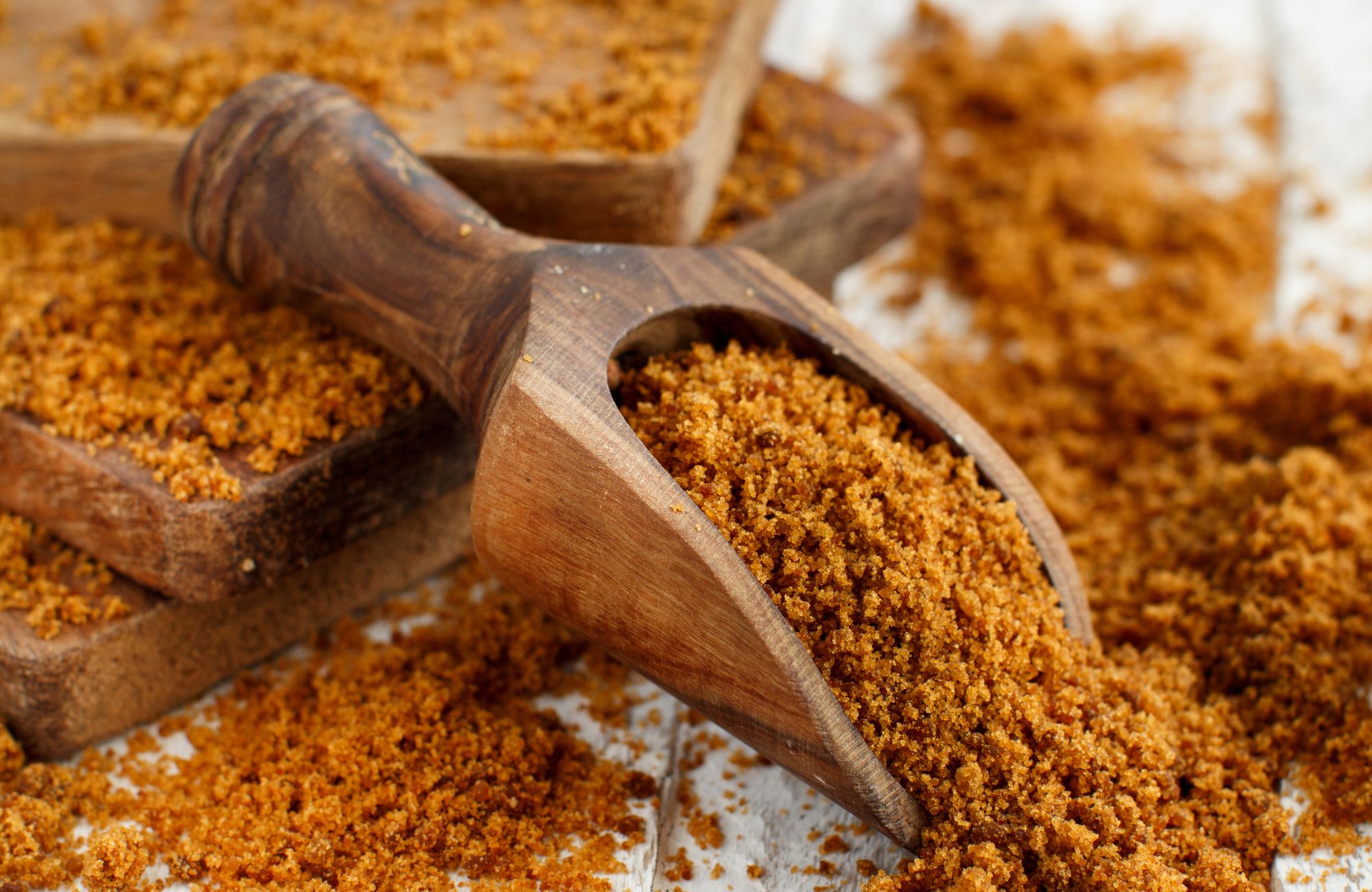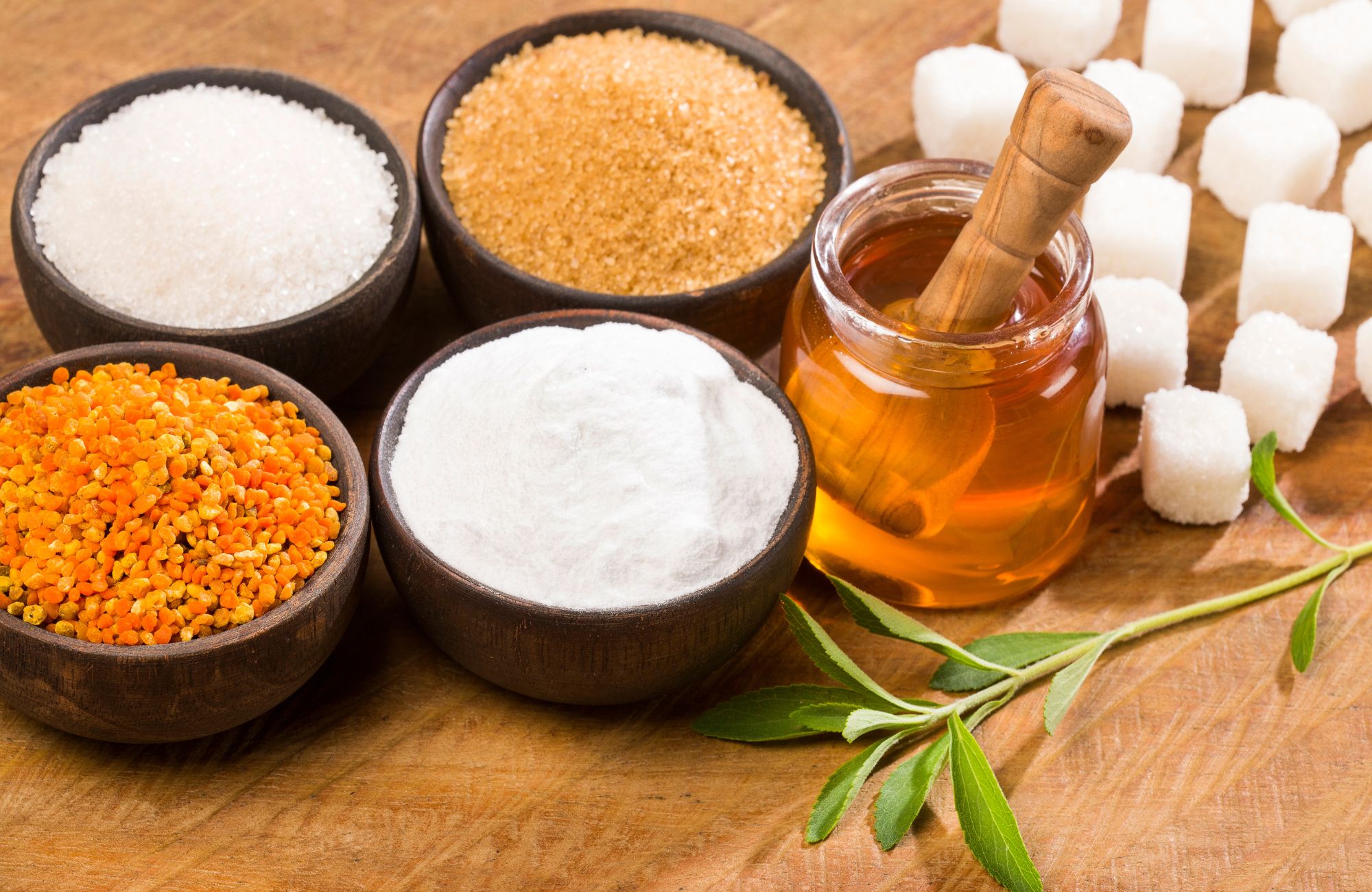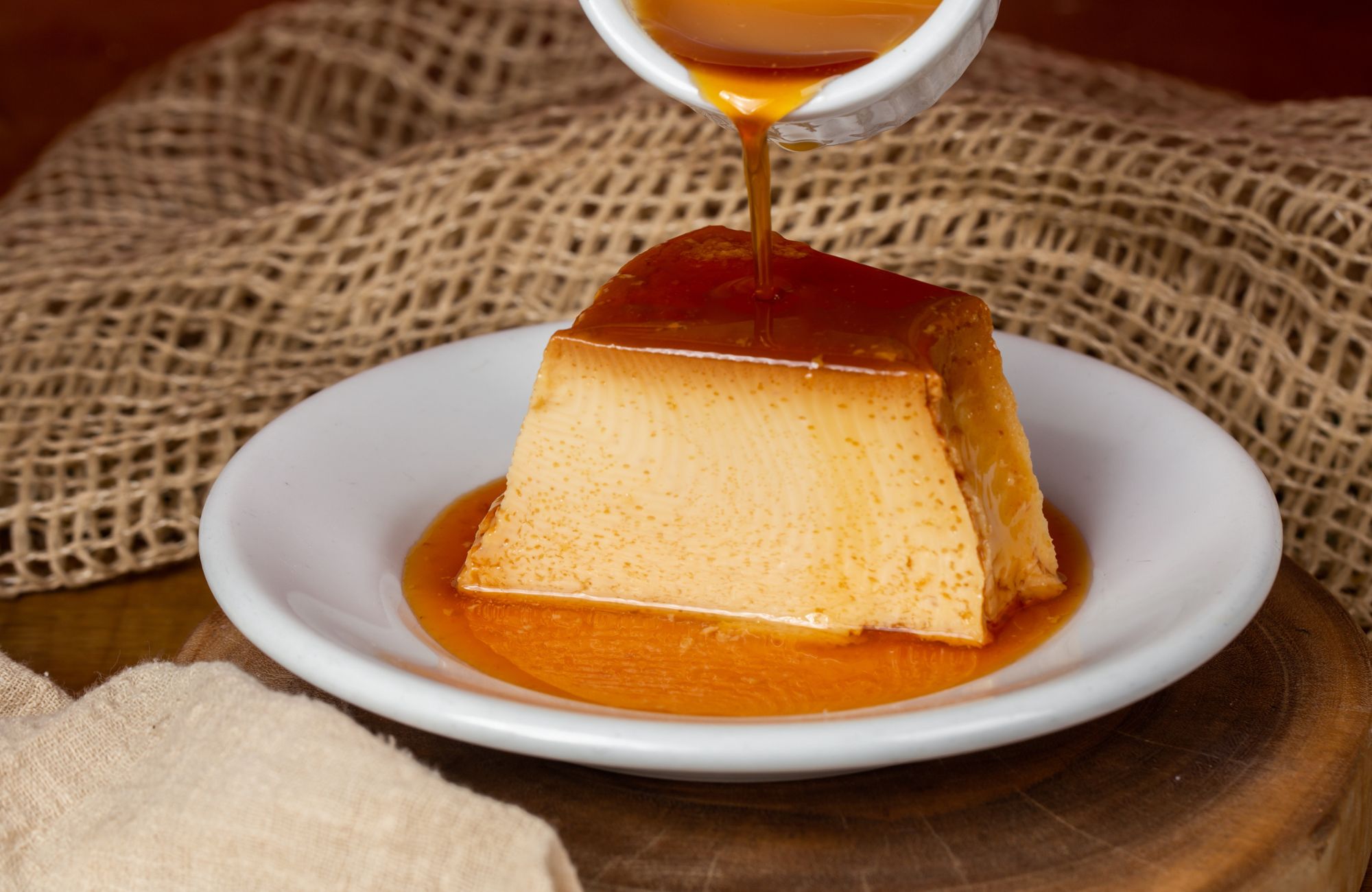
Have you ever been halfway through baking your favorite chocolate chip cookies only to discover your brown sugar container is hard as a rock—or worse, completely empty? That sinking feeling in your stomach doesn’t have to ruin your baking plans. With the right brown sugar substitute, you can save your recipe and possibly discover a new favorite ingredient in the process.
Whether you’re looking to cut calories, manage blood sugar levels, or simply work with what’s in your pantry, finding the perfect brown sugar replacement doesn’t have to be complicated. This comprehensive guide will walk you through all your options—from quick DIY solutions to store-bought alternatives that deliver that rich, caramel-like flavor and moisture that makes brown sugar so special in recipes.
Understanding Brown Sugar Basics
Before diving into substitutes, it’s helpful to understand what makes brown sugar unique. Traditional brown sugar is simply refined white sugar with molasses added back in—that’s what gives it its distinctive color, flavor, and moisture. Light brown sugar contains about 3.5% molasses, while dark brown sugar contains around 6.5%, resulting in a stronger flavor and deeper color.
The moisture from molasses creates brown sugar’s signature soft, packable texture that contributes to chewy cookies and moist cakes. This moisture also affects how brown sugar interacts with other ingredients, making it crucial to find substitutes that can mimic these properties.
Natural Brown Sugar Substitutes
White Sugar + Molasses: Make Your Own
The most authentic brown sugar substitute is one you can make yourself with just two ingredients. After all, commercial brown sugar is essentially just white sugar with molasses added back in.
How to make your own brown sugar:
- For light brown sugar: Mix 1 cup (200g) granulated white sugar with 1 tablespoon (15ml) molasses
- For dark brown sugar: Mix 1 cup (200g) granulated white sugar with 2 tablespoons (30ml) molasses
Simply place the white sugar in a bowl and drizzle the molasses over it. Use a fork to work the molasses into the sugar until completely incorporated with no clumps. The result is virtually identical to store-bought brown sugar in both flavor and texture, making it perfect for almost any recipe calling for brown sugar.
White Sugar + Maple Syrup
No molasses on hand? Maple syrup makes an excellent substitute that adds a similar moisture content with a slightly different but complementary flavor profile.
For a quick maple brown sugar substitute:
- Mix 1 cup (200g) granulated white sugar with 1 tablespoon (15ml) pure maple syrup
This combination works particularly well in recipes where the maple notes complement the other flavors, such as oatmeal cookies, coffee cake, or sweet potato dishes. The subtle maple flavor adds depth without overpowering the recipe.
Coconut Sugar: The Natural Alternative
Coconut sugar is a natural sweetener made from the sap of coconut palm trees, offering a light brown color and caramel-like flavor like brown sugar. It works well as a 1:1 substitute in most recipes and has a slightly lower glycemic index, though its calorie content is comparable to regular sugar.
While it contains trace nutrients, coconut sugar is a bit drier than brown sugar, which may impact the texture of baked goods. For chewier results, try adding a little extra liquid or a touch of molasses to your recipe.
Liquid Sweeteners: Honey, Maple Syrup, and Agave Nectar
Liquid sweeteners can stand in for brown sugar, though they require more recipe adjustments due to their different consistency.
Conversion guidelines:
- Replace 1 cup brown sugar with 2/3 cup liquid sweetener
- Reduce other liquids in the recipe by about 1/4 cup
- Consider lowering your oven temperature by 25°F and watching baking time closely
Each liquid sweetener brings its own flavor profile:
- Honey: Adds floral notes and excellent moisture
- Maple syrup: Contributes caramel-like flavor with subtle woodsy notes
- Agave nectar: Provides a neutral sweetness with minimal flavor impact
These sweeteners work especially well in recipes like muffins, quickbreads, and sauces where their liquid state is less disruptive to the overall texture.
Raw Sugars: Turbinado and Demerara
Raw sugars like turbinado and demerara offer a golden color and mild molasses flavor, making them decent brown sugar alternatives. With larger crystals and lower moisture, they’re ideal for topping baked goods but may require adjustments when used in batters or doughs.
For better results with raw sugars:
- Consider grinding them in a food processor for a finer texture
- In recipes where creaming butter and sugar is important, mix longer to help dissolve the larger crystals
- For added moisture, combine with a small amount of molasses
Muscovado Sugar: The Premium Substitute
Muscovado sugar is less refined than regular brown sugar and retains more natural molasses, giving it a richer flavor and moister texture. It’s available in light and dark varieties, with the dark version offering an especially robust, almost smoky flavor profile. This sugar can be substituted 1:1 for brown sugar in recipes and often produces superior results due to its complex flavor. However, muscovado tends to be lumpier and stickier than regular brown sugar.
Tips for working with muscovado:
- Sift before measuring to remove lumps
- Store in an airtight container with a piece of bread to maintain moisture
- Break up any hardened portions by microwaving briefly with a damp paper towel
Plain White Sugar: The Simple Solution
Granulated white sugar can substitute for brown sugar in a pinch, though it lacks the moisture and caramel flavor. Your baked goods may turn out slightly crisper, lighter in color, and less rich in taste.
To boost flavor, try mixing in a teaspoon of molasses, maple syrup, or vanilla extract with the white sugar before adding it to your recipe.
Zero-Calorie & Sugar-Free Brown Sugar Alternatives
For those reducing sugar intake for health reasons, several commercial brown sugar alternatives offer the flavor and texture of brown sugar with minimal caloric or glycemic impact.
Erythritol-Based Brown Sugar Alternatives
Erythritol-based brown sugar substitutes offer zero calories and don’t impact blood sugar, making them popular for low-carb baking. They typically work as 1:1 replacements and blend erythritol with natural flavors and sweeteners like stevia or monk fruit, though they may slightly alter texture and won’t caramelize like real brown sugar.
Monk Fruit Brown Sugar Alternatives
Monk fruit extract comes from a small melon native to Southeast Asia and provides sweetness without calories or carbohydrates. When combined with erythritol and natural flavors, it creates an excellent brown sugar substitute that works well for those following keto or low-carb diets.
Most monk fruit brown sugar alternatives can be used as a 1:1 replacement in recipes. They tend to have a clean, sweet taste without the cooling effect sometimes associated with pure erythritol.
Choosing the Right Substitute for Different Recipes
Not all brown sugar substitutes perform equally across different types of recipes. Here’s a quick guide to help you select the best option for specific applications:
For Cookies:
- For chewy cookies: Homemade brown sugar, muscovado, or erythritol-based keto brown sugar
- For crisp cookies: Coconut sugar or plain white sugar
For Cakes and Quickbreads:
- Homemade brown sugar, liquid sweeteners (with recipe adjustments), or commercial brown sugar replacements
For Sauces and Glazes:
- Liquid sweeteners like honey or maple syrup work extremely well
- Muscovado sugar provides an excellent, rich flavor
- Keto brown sugar substitutes may need additional thickeners
For Beverages:
- Liquid sweeteners dissolve easily in coffee, tea, or cold drinks
- Fine-textured sugar-free alternatives work well
Storage Tips for Brown Sugar Substitutes
Proper storage helps maintain the quality and texture of your brown sugar alternatives:
- Store homemade and commercial brown sugar substitutes in airtight containers
- For substitutes that tend to harden, add a piece of bread or a clay brown sugar saver
- If your substitute hardens, microwave it briefly with a damp paper towel or place in a container with a slice of apple overnight
- Most sugar-free alternatives have a shelf life of at least 6 months when stored properly
Conclusion
Finding the right brown sugar substitute doesn’t have to disrupt your recipe or your health goals. Whether you’re out of brown sugar or exploring alternatives for lower calories or better blood sugar control, there are plenty of natural and sugar-free options available. From easy pantry fixes like white sugar with molasses to low-carb choices like erythritol or monk fruit blends, each substitute brings unique benefits that work well in your favorite recipes like cookies, cakes, sauces, and more.
US Sweeteners supplies a wide range of bulk sweeteners, including coconut sugar, erythritol, monk fruit, and liquid alternatives. Whether you’re a food manufacturer, bakery, or brand focused on healthier formulations, we offer high-quality ingredients to match your product goals. Contact us today to request a quote or learn more about our sweetener solutions.
FAQs
What can brown sugar be replaced with?
Brown sugar can be replaced with granulated sugar mixed with molasses, coconut sugar with a similar brown sugar flavor, liquid sweeteners like honey, or commercial blends specifically designed to replace brown sugar in recipes.
What is a keto substitute for brown sugar?
A keto substitute for brown sugar is either a commercial blend with erythritol and monk fruit extract, or homemade by mixing erythritol with a touch of blackstrap molasses – unlike powdered sugar, these options have minimal carbs.
Can I use stevia instead of brown sugar?
Pure stevia isn’t ideal alone, but stevia-based products formulated to replace brown sugar (containing erythritol and natural flavors) work well in recipes calling for traditional brown sugar.
Which sugar is keto-friendly?
Keto-friendly sweeteners include erythritol, monk fruit extract, allulose, and stevia—especially in blends designed to replace brown sugar—as they have minimal impact on blood sugar and contain virtually no digestible carbs.



Leave a Reply